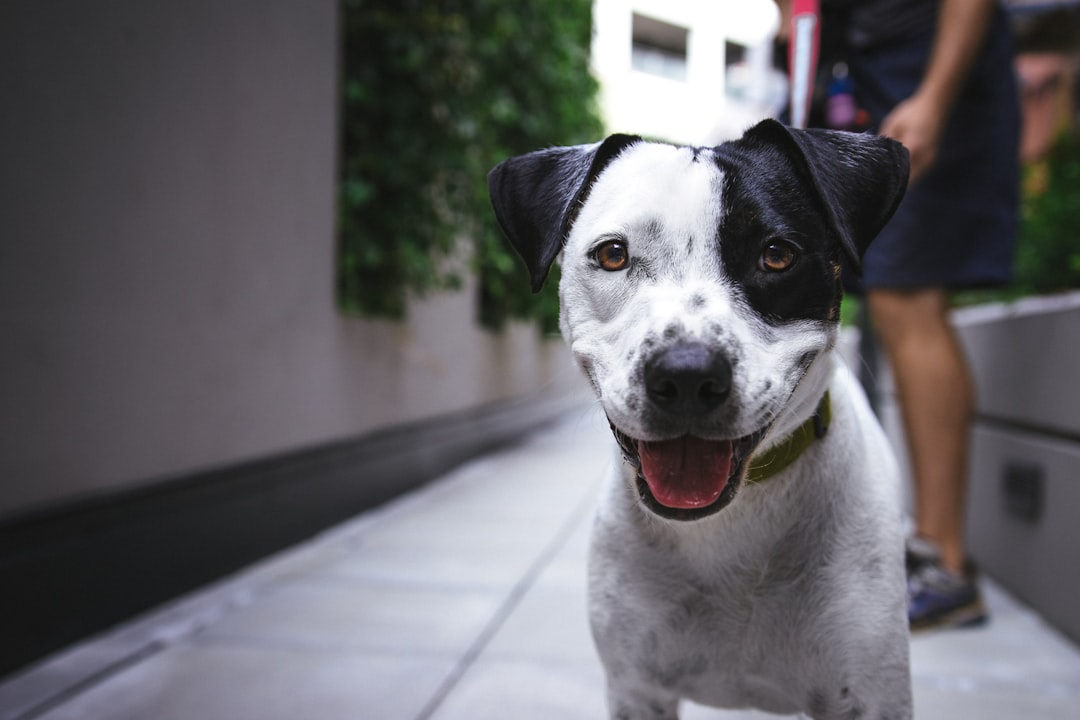- You are here:
- Home »
- Blog »
- Boston Dog Trainer »
- Alleviating Anxiety: A Comprehensive Guide to Understanding and Managing Separation Anxiety in Dogs
Alleviating Anxiety: A Comprehensive Guide to Understanding and Managing Separation Anxiety in Dogs
Alleviating Anxiety: A Comprehensive Guide to Understanding and Managing Separation Anxiety in Dogs
This article provides a comprehensive understanding of separation anxiety in dogs, including how to recognize, prevent, and treat it, as well as coping strategies and the importance of early intervention.
Understanding Separation Anxiety in Dogs
Recognizing Separation Anxiety in Dogs
Separation anxiety in dogs can manifest through various signs and symptoms, including vocalization, destruction, house soiling, and distress behaviors triggered by the impending departure of the owner. Additionally, less common signs such as trembling, excessive salivation, self-injury, and repetitive behavior may also indicate separation-related behaviors. [3]. Differentiating between normal behavior and separation anxiety is crucial for early recognition and intervention, thus facilitating effective management of the condition.
Causes of Separation Anxiety in Dogs
Several factors contribute to separation anxiety in dogs, including being left alone, underlying health issues, seeking entertainment, or feeling distressed, [3]. Changes in routine, residence, or household membership can also impact a dog’s susceptibility to separation anxiety. Moreover, traumatic separation experiences and a lack of daily exercise play a role in the development of separation anxiety.
Prevention and Treatment Strategies
Proper socialization and training are vital in preventing separation anxiety in puppies, along with scheduled alone time with toys and the establishment of predictable routines [1]. Treatment options for mild, moderate, and severe cases of separation anxiety encompass desensitization, counterconditioning, and potentially the use of medication, [4]. Retraining, environmental enrichment, and the avoidance of reinforcing attention-seeking behaviors are also pivotal in the management of separation anxiety.
Coping Strategies for Dogs with Separation Anxiety
Teaching independence and providing physical and mental stimulation are essential in alleviating anxiety in dogs, [4]. It’s crucial to understand the potential benefits and considerations of crate training for dogs with separation anxiety. Additionally, recognizing and not reinforcing attention-seeking behaviors while rewarding calm and quiet behavior is imperative for effectively managing separation anxiety in dogs.
Conclusion
Understanding separation anxiety in dogs is critical for dog owners to recognize, prevent, and effectively address this condition. Early recognition and intervention are key in the comprehensive management of separation anxiety, and seeking professional guidance is highly encouraged for the well-being of affected dogs.

